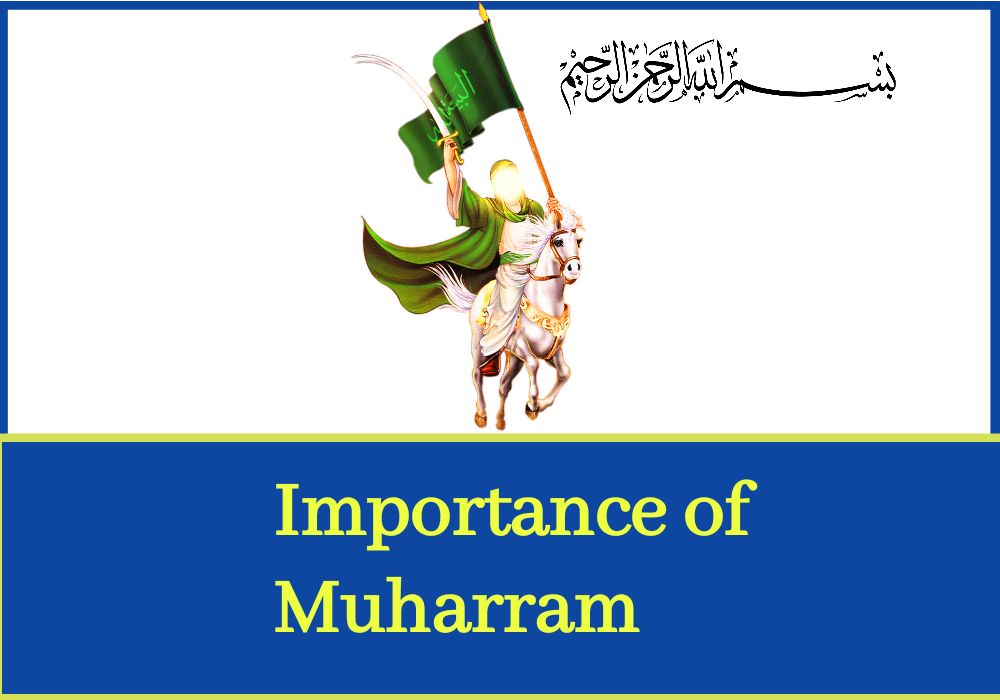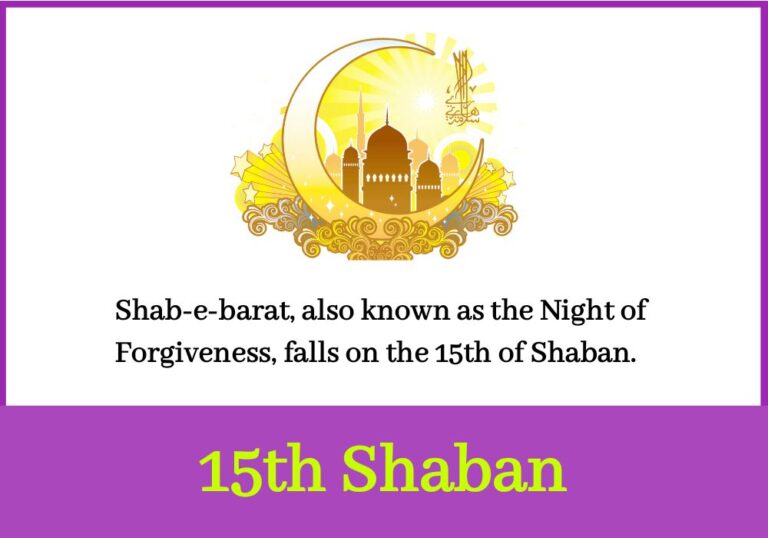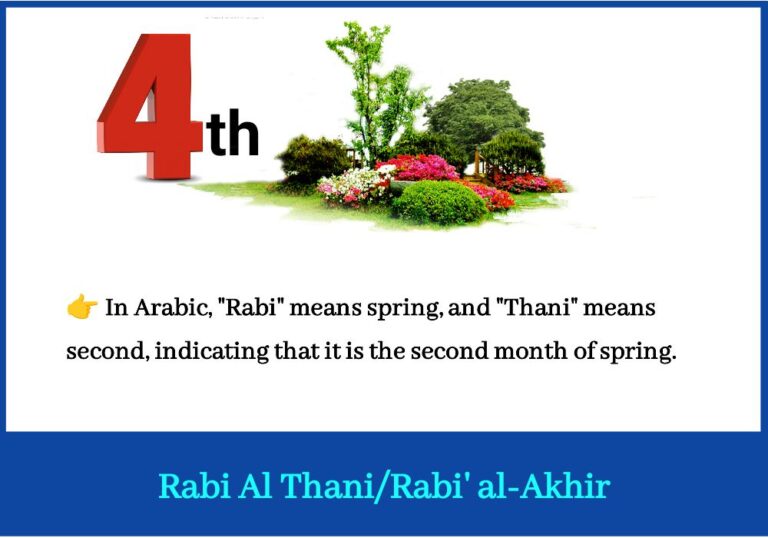- The month of Muharram holds significant importance for Muslims around the world. As the first month of the Islamic lunar calendar, it is a time of reflection, remembrance, and renewal. But why exactly is this month so important?
In this article, we will delve into the significance of Muharram and explore its historical and religious context to provide you with a comprehensive answer backed by evidence.
Whether you are new to Islam or simply curious about this sacred month, join us as we unravel why Muharram holds such a special place in the hearts of millions.
Why Is Muharram Important?
Muharram is an important month in the Islamic calendar. It marks the beginning of the Islamic New Year and is one of the four sacred months in which warfare is prohibited. This makes it a time for reflection, prayer, and contemplation.
Muharram also marks a significant event in Islamic history: the battle of Karbala. This battle took place in 680 AD between Imam Husayn ibn Ali’s supporters and the Umayyad caliph Yazid I, resulting in the death of Husayn and his followers.
The commemoration of this event during Muharram reminds Muslims of their duty to stand up for justice and truth against oppression.
In addition to these religious aspects, Muharram is also a time for spiritual renewal. Muslims use this month to focus on their faith by fasting, praying, and reading Quranic verses.
Muharram, Why Is It Celebrated?
Muharram is an important month in the Islamic calendar. It is one of the four sacred months in which fighting and warfare are prohibited.
The tenth day of Muharram, known as Ashura, marks when Imam Hussein was martyred in battle. Muslims around the world commemorate this day to remember and honour his sacrifice.
The first ten days of Muharram are a time for reflection and mourning for many Shia Muslims. They often observe fasting during this time and hold special gatherings to commemorate Imam Hussein’s martyrdom. Sunni Muslims also observe Ashura with special prayers and charity work, though they do not mourn or fast like Shia Muslims.
Regardless of religious denomination, Muharram serves as a time for Muslims to come together to reflect on their faith and remind themselves that suffering can bring about positive societal change. It is a reminder that justice will ultimately prevail over oppression and tyranny.
Why Muslim Fast On 10th Muharram?
The 10th of Muharram, also known as the Day of Ashura, is an important day in the Islamic calendar. It marks the day that Prophet Muhammad and his followers were saved from their enemies in the Battle of Karbala. The day is commemorated with fasting and special prayers for those who lost their lives in the battle.
Fasting on this day is seen as a way to honour those who sacrificed their lives for Islam and to commemorate the courage of Prophet Muhammad and his followers. Muslims believe that by fasting on this day, they can show gratitude for God’s mercy and protection during difficult times.
The fast of Ashura is an optional fast that is not obligatory for all Muslims, but it is highly recommended as a way to remember the sacrifices made by those who fought for Islam.
Conclusion Points
In conclusion, the month of Muharram holds great significance in the Islamic calendar. It is a time for reflection, remembrance, and renewal of one’s faith.
The events that took place during this month, such as the Battle of Karbala and the martyrdom of Imam Hussein (AS), serve as powerful reminders of sacrifice, bravery, and resilience in the face of oppression.
Muharram also allows Muslims to come together in mourning and solidarity, fostering a sense of community and empathy.
As we commemorate this sacred month, let us strive to learn from its teachings and apply them to our own lives, promoting peace, justice, and compassion in all that we do.







